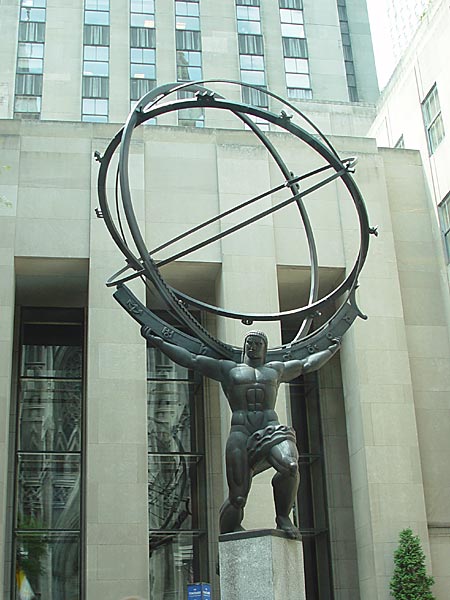Party Politics v. The Judiciary, redux
The learned Judge Ted Maltlow of the Ontario Superior Court struct down the oft-criticized public funding sections of the Canada Elections Act on Thursday October 12, 2006 as an unconstitutional violation of sections 3 and 15 of the Charter of Rights and Freedoms. He held that the two percent threshold was arbitrary, had no rational connection to the limitation of the rights in question, and undermined the public trust in the process. Well, two out of three ain't bad.
The smallest parties lauded the decision, the largest parties shrugged their shoulders because they don't care, and the NDP and Greens are in trouble because they thought they had a lock on the whack-job electoral demographic. It should be of no surprise that the Government is preparing to appeal, because that is what they do best.
My view on the decision is the opposite of the polite waiter: 'Welcome to Hy's Steakhouse, we recommend the steak. Tuna? Excellent choice- how would you like it cooked.' Criticisms of the $1.75 a vote that goes to political parties as an expense unfitting to the public purse are silly to me because since the dawn of time contributions to political parties have been equated with charitable contributions and are tax deductible. Since FAAttawa reduces the availability of those contribution allowances to tax-payers, the net effect on the public purse is minor, at best.
Regardless, I understand the philosophy behind the law. It is designed to keep money out of politics. The answer to whether or not it is successful can also be found in FAAttawa- if they were really concerned about money in politics, they would have banned all contributions.
I think intelligent people can disagree about whether or not money influences Canadian politics. A direct look at the money spent in the last election shows that there is a strong correlation between the amount of capital spent and the number of votes received (not seats won). It was certainly the case in 1997 and 2000. The obverse is also true - the Tories (as they then were) spent a boatload in 1993. Justice Matlow said it best when he wrote "there is much more than the mere right to enter a voting booth and mark a ballot that is counted." You can do that in China, but few would agree their elections are free and fair. Money is needed to ensure that there are lots of opinions out there - "Bush/Gore" amounts of money just lead to adds about the military roaming around Young and Bloor.
Public funding of political campaigns is philosophically problematic to me - but I get it. In the spirit of encouraging a "full" discourse, all viewpoints must be heard, and not all groups have the same access to Belidiot's MSN list.
For me, however, the problem is the same one I have with publicly funded advocacy groups- I openly question the value of public participation of any group who can't support themselves. If their ideas can't sell on the marketplace of ideas, maybe they should get a better store. The difference of course, is that I am only paying for the bad advertising- not the product itself.
I think intelligent people can disagree about whether or not money influences Canadian politics. A direct look at the money spent in the last election shows that there is a strong correlation between the amount of capital spent and the number of votes received (not seats won). It was certainly the case in 1997 and 2000. The obverse is also true - the Tories (as they then were) spent a boatload in 1993. Justice Matlow said it best when he wrote "there is much more than the mere right to enter a voting booth and mark a ballot that is counted." You can do that in China, but few would agree their elections are free and fair. Money is needed to ensure that there are lots of opinions out there - "Bush/Gore" amounts of money just lead to adds about the military roaming around Young and Bloor.
Public funding of political campaigns is philosophically problematic to me - but I get it. In the spirit of encouraging a "full" discourse, all viewpoints must be heard, and not all groups have the same access to Belidiot's MSN list.
For me, however, the problem is the same one I have with publicly funded advocacy groups- I openly question the value of public participation of any group who can't support themselves. If their ideas can't sell on the marketplace of ideas, maybe they should get a better store. The difference of course, is that I am only paying for the bad advertising- not the product itself.


0 Comments:
Post a Comment
Subscribe to Post Comments [Atom]
<< Home